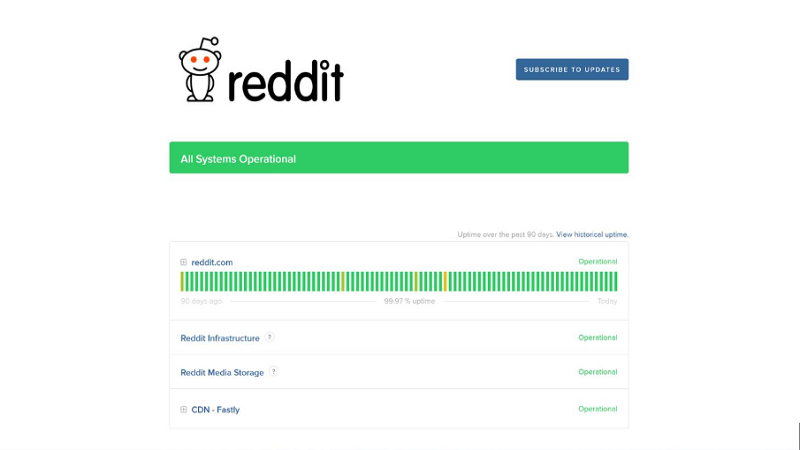A Comprehensive Guide to Secondary Homeschooling can alter education by providing specialized possibilities and a flexible learning environment. This thorough guide gives parents and kids the knowledge and resources to manage and benefit from secondary homeschooling.
Understand Secondary Homeschooling
Secondary homeschooling involves middle and high school students at home. It customizes instruction to the child’s learning pace, interests, and needs.
Positives of Homeschooling in Secondary Education
Homeschooling provides a tailored learning environment, flexible schedule, and more profound interest development. It also promotes a close-knit family learning environment, which increases parental involvement and direction.
Setting Up a Homeschool Environment
Practical Resources for Secondary Homeschooling
Practical homeschooling demands specific tools and resources. Textbooks, software, and secondary education online courses are examples. A dedicated study space that encourages attention and organisation is essential.
Setting a Daily Routine
A Comprehensive Guide to Secondary Homeschooling requires consistency. An organised timetable mimics school and keeps pupils disciplined and focused on everyday chores.
Curriculum Planning and Execution
Selecting a Curriculum
Curriculum choice is critical. Educational goals and state standards should be met. Many families choose approved programs to ensure quality education.
Customizing Curriculum for Individuals
Every student has different educational demands. The curriculum is more successful and rewarding when tailored to these demands.
Learning with Technology
Technology improves learning and provides access to many resources. Interactive online classes are helpful for math and science.
Socialisation and Extracurricular Activities
Overcoming Socialization Challenge
Socialisation is a major homeschooling problem. Clubs, sports teams, and community groups offer social activities beyond the house.
Include Physical Activity and Sports
Physical education matters, too. Joining local or league sports teams helps homeschoolers meet physical education requirements and build collaboration.
Evaluation and Progress Tracking Effective Student Assessment Methods
Regular testing and assignments assess student comprehension and retention. Feedback is essential for adapting teaching techniques and materials to student learning styles.
Recordkeeping and College Preparation
College applications require extensive educational records. These documents should show academic and extracurricular activity.
Challenges and Solutions
Meeting Common Homeschooling Issues
Maintaining motivation and time management can take time and effort. Goals and a support network can help with these challenges.
Legal Issues and State Rules
Every state has various homeschooling legislation. Understanding and following these regulations is crucial to lawful homeschooling.
Case Studies and Success Stories
Homeschooling is complicated, yet many families succeed. Their stories might inspire and advise new or prospective homeschoolers.
Conclusion
Secondary homeschooling is flexible, individualised, and beneficial. Proper planning, resources, and desire can make it a gratifying educational decision.
FAQs
What are the finest secondary homeschooling resources?
Accredited curriculums Thomas Keith, Lady Evelyn and local educational cooperatives are good secondary homeschooling resources. Educational apps, libraries, and subject-specific tutors are also helpful.
How may parents socialise their homeschooling teens?
Parents can socialise their kids through community sports, clubs, arts, and volunteer initiatives. Homeschooling families might benefit from joining or organising homeschool groups and attending activities and field trips.
What secondary homeschooling mistakes should be avoided?
Insufficient structure, social connection, and exhaustion are common mistakes. To avoid burnout, develop a routine, join community groups for social and educational purposes, and set realistic goals and pauses.
Can special education children be homeschooled?
Yes, homeschooling can benefit special needs children by tailoring their education to their pace and interests. Parents may need to visit specialists to incorporate therapies or tactics into homeschooling. See More












Leave a Reply